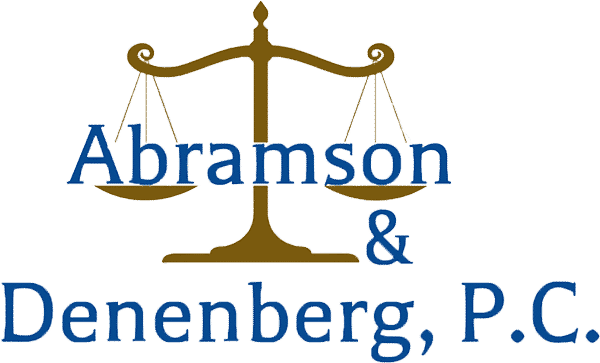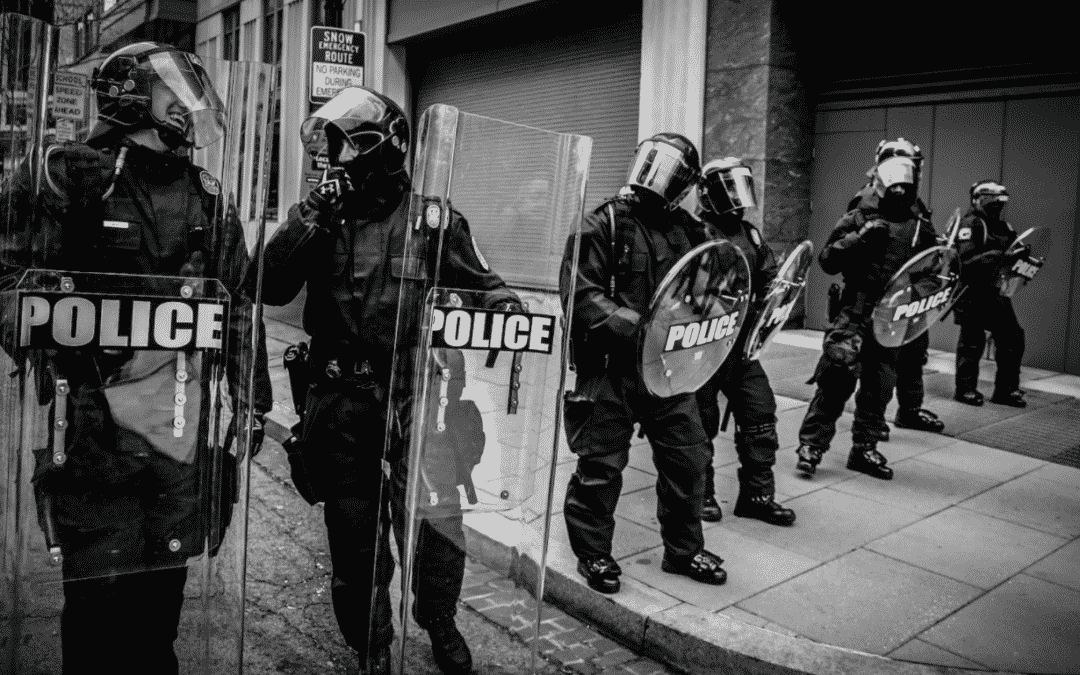Many police officers are honest and hardworking. Unfortunately, the Philadelphia Police Department has a long history of engaging in police misconduct. Additionally, several recent reports have showcased multiple instances of corruption within the Police Department. Police officers are duty-bound to protect the residents of Philadelphia. When they engage in misconduct, brutality, or corruption, citizens have a right to hold them accountable.
Police Corruption vs. Misconduct
Understanding the difference between police corruption and misconduct is crucial, especially if you are considering taking legal action against a police officer. The processes of holding police officers accountable for corruption and police brutality are different and require different steps. Reporting police misconduct can be challenging for the average citizen. Victims must file a complaint with the Philadelphia Police Department. Depending on the type of police corruption involved, a citizen may or may not be able to bring a legal claim.
Types of Police Misconduct
Police misconduct involves any unethical or illegal actions taken by police officers. Police misconduct can also include police officers violating citizens’ constitutional rights while engaged in their duties. Examples of police misconduct can consist of the following:
- Fraud
- Dishonesty
- Police brutality
- Coercion
- Torture to force a confession
- Abuse of authority
- Sexual assault
- Demand for sexual favors in exchange for leniency
In many cases, police misconduct is less subtle than assault or beatings. For example, police misconduct could mean using excessive non-physical pressure to obtain a witness statement. In other cases, police officers may pressure witnesses to testify a certain way in court. Police misconduct can have tragic implications. Cases have occurred in which police officers pressure an innocent suspect to confess to a crime, resulting in the suspect’s wrongful conviction.
Types of Police Corruption
Police corruption involves the misuse of police authority for the officer’s personal gain. There are several different types of police corruption. One of the most common types of police corruption involves bribery. Suspects bribe a police officer with money or another item of value to influence the police officer in their favor. For example, an officer might accept cash in exchange for destroying incriminating evidence or “looking the other way.”
Extortion is another type of police corruption that is somewhat similar to bribery. Extortion occurs when a police officer threatens someone to obtain property or money. A police officer may threaten to make sure a person is prosecuted unjustly unless the person pays the police officer money. Extortion always involves some type of threat, while bribery doesn’t necessarily involve a threat but involves exchanging money for favorable action.
Police Brutality is a Type of Police Misconduct
Typically, police brutality occurs when a law enforcement officer uses excessive force against an innocent person beyond the typical police protocol. Most police brutality occurs physically. However, police brutality can also include verbal and psychological abuse, as well. If you feel like you have experienced a police officer using excessive force or threatening you, you may be able to take the officer to court and receive damages.
Police Corruption in Philadelphia
There are many examples of police corruption in Philadelphia. In 2015, six former Philadelphia police officers faced charges for stealing money, property, and drugs from drug dealers. They faced a federal trial in what some called one of the worst corruption cases in Philadelphia history. Federal officers found one of the police officers stealing money from a drug house. He agreed to help the federal prosecutors investigate the rest of the officers. He pled guilty in his case and is serving a sentence in federal prison. The rest of the officers were found “not guilty” and got their jobs back.
Philadelphia has a higher number of police corruption and brutality complaints than other major cities in the United States. Recently, 16 police officers on the 6,500-member police force had 10 or more complaints against them by civilians in the last five years. This small group had 188 different civilian complaints against them, according to recently unsealed records. There is a serious lack of transparency regarding police corruption and misconduct in Philadelphia.
Types of Police Brutality
Police brutality can take several different forms, but it always involves using force by the police. The majority of police brutality cases involve using excessive force. Law enforcement officers can use force, but only when it is justified to protect themselves or another person. Police officers cannot use excessive physical force that is needed to control the situation. In some cases, police officers will use extremely aggressive measures or beat a suspect without justification. Typically, police brutality occurs when officers use verbal ways to control the situation but choose to use physical force. Police brutality can also include the following:
- Illegally arresting someone without probable cause
- Arresting or apprehending someone based on race or other discriminatory factors
- Unauthorized searches and seizures
- Improper imprisonment
- The preventable death of a suspect in police custody
- Sexual abuse, assault, harassment, or rape
- Physical assault
- Beatings that result in the victim’s death
- The use of excessive force
- Injuries caused by stun guns or tasers
- Verbal threats or abuse
- Misuse of pepper spray
- Unjustified police shootings
- Choking
- Beatings
- Malicious prosecution
- Being attacked or bitten unjustly by a police dog
- Using a taser gun unjustly
- Handcuffing someone without legal authority
- Stopping someone for drunk driving without any reason
Discuss Your Case With a Philadelphia Police Brutality Lawyer
If you or someone you love have been the victim of police brutality or misconduct in Philadelphia, Abramson & Denenberg, P.C. is here to help. Our law firm has a proven track record of success in police brutality cases. It is important to act so you can hold the police officer or officers who engaged in misconduct or abuse responsible. There are strict time limits in place in Philadelphia and nationally. Call 215-515-2976 or contact us online to schedule a free, no-obligation case review with one of our lawyers.

